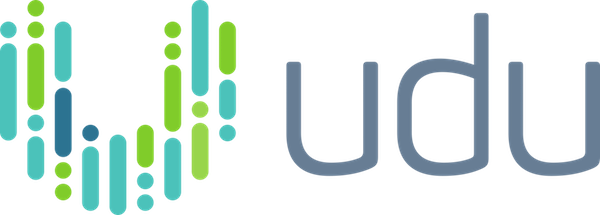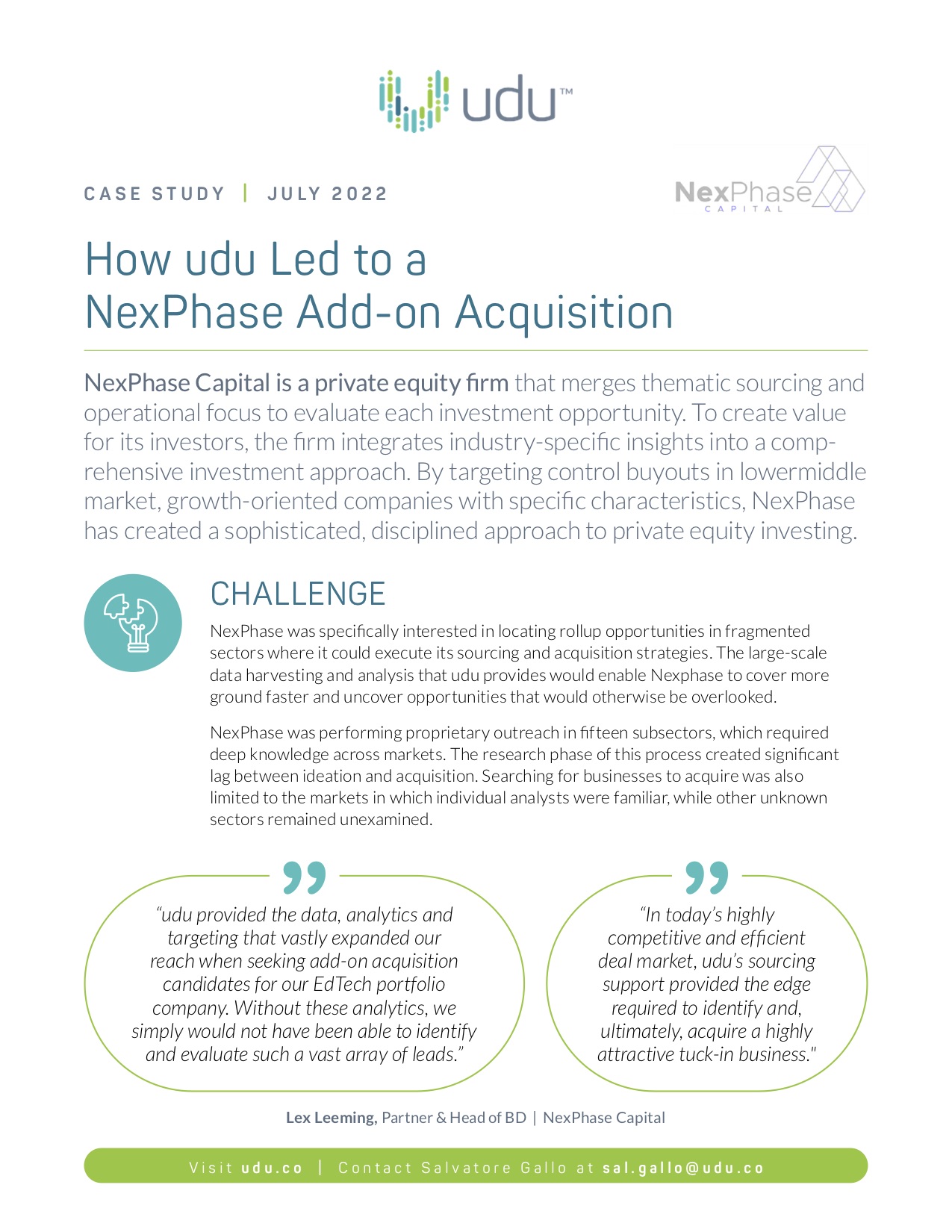Hedge Funds vs. Private Equity: How Alternative Data Benefits Them Both
It’s helpful to understand alternative data sources for hedge funds and private equity (PE) when it comes to making investment decisions. Qualitative analysis and the ability to discover hidden signals from data are also critical success factors.
Recent studies show that there’s a growing appetite for alternative data in the investment community. A report by Grand View Research found that the global alternative data market was valued at $2.7 billion in 2021. And the market is only expected to grow with an impressive CAGR of 54.4% from now until 2030.
This means that alternative investment data is becoming increasingly important for firms.
So, what are private equity and hedge funds? How do they differ? And what role does private equity alternative data play compared to alternative data for hedge funds? Keep reading to learn how private equity machine learning is changing the game.
Private Equity vs. Hedge Funds
Private equity is an asset class that refers to the ownership of shares in a privately held company. Private equity firms typically invest in companies that aren’t listed on a stock exchange.
PE firms’ main goal is to generate long-term capital appreciation through active engagement with portfolio companies. They achieve this through various methods like operational improvements, management changes, and strategic acquisitions.
Hedge funds are pooled investment vehicles that use various strategies to generate returns. These can be absolute return strategies, aiming to make money regardless of market conditions, or relative return strategies, attempting to outperform a specific benchmark or index.
Hedge funds often use leverage and derivatives to boost returns. They also tend to be more heavily regulated than private equity firms.
Private equity and hedge funds have both grown in popularity as investors look for alternative investments that can generate higher returns than traditional asset classes like stocks and bonds.
Many investment firms have turned to tools for data mining and automated data collection to gain a competitive advantage. By using alternative data providers, hedge funds and private equity firms can gain an informational edge.
What Is Alternative Data?
Alternative data is data not traditionally used in financial analysis. This data can come from various sources, such as social media, satellite images, web scraping, etc., and can be used to gain insights into various investments, like stocks, bonds, commodities, and real estate.
Let’s take a closer look at a few examples of alternative data.
1. Social Media Data
Firms can use social media data to track sentiment around a particular company or sector. For example, if a company being considered for acquisition suddenly has a lot of negative publicity on social media, the deal might not be completed.
2. Web Scraping Data
Web scraping data can be used to track changes on a company’s website, like job postings, revenue reports, and product launches, and to gauge a company’s health and future prospects.
3. Patent Data
Investment firms can use patent data to track a company’s innovation and identify potential investments in cutting-edge companies.
4. Satellite Data
Satellite data can be used to track changes in a company’s physical infrastructure. Maybe they recently built new factories or are expanding existing ones. Firms can use satellite data to determine a company’s future growth prospects.
5. IoT Data
IoT data can be used to track the usage of a company’s products and services. For instance, firms might scrutinize an electric vehicle manufacturer for any changes in the number of cars sold. Like the other forms of alternative data, IoT data can help gauge a company’s prospects.
Alternative data has become essential because traditional financial data, like earnings reports and stock prices, can often be misleading, incomplete and backward-looking. It can help give investment firms a more complete picture of a company’s performance and prospects in real-time.
Alternative data is particularly useful for private equity firms and hedge funds, although they use it slightly differently. Private equity firms use alternative data to identify potential investments, while hedge funds use it to make more informed investment decisions.
The Benefits of Alternative Data Sources for Hedge Funds and Private Equity Firms
The ability to source unique data points for alternative data providers is a huge advantage. Firms that use alternative data can gain insights into companies and otherwise unavailable sectors. It allows firms to get a jump on the competition by being the first to identify potential investments.
Here are just a few benefits alternative data can provide for hedge funds and private equity firms.
Benefits of Alternative Data for Hedge Funds
1. Insights into Market Trends
Hedge funds can use alternative data providers to get insights into market trends. For example, they can use web scraping data to track the number of job postings in a particular sector and use that information to gauge the health of the sector and identify potential investment opportunities.
2. Identify Mispriced Assets
Alternative data for hedge funds can be used to identify – and confirm – mispriced assets. They can then short the asset, betting that its price will fall or go long, betting that its price will rise.
3. Develop Proprietary Trading Strategies
Hedge funds can also use alternative data to develop proprietary trading strategies.
They may use web data to determine how a company is doing compared to its competitors through transaction data metrics. Tracking numbers such as conversion rates can help identify the number of online purchases a company receives with respect to its total foot traffic.
Benefits of Alternative Data for Private Equity Firms
1. Conduct Due Diligence
Private equity firms can use alternative data to conduct due diligence on potential investments. For instance, they can use private equity machine learning to identify hidden risks and potential problems.
2. Identify Potential Investments
Private equity firms can use a data harvesting platform to identify potential investments. For instance, they might gather pertinent information relating to the performance of companyies in a target sector through the use of automated analytics and benchmark comparisons.
3. Monitor Portfolio Companies
Private equity firms can use alternative data to monitor their portfolio companies. If specific data sets are unavailable, private equity firms can use tools for data mining to generate the data they need. For instance, they might use artificial intelligence to monitor a company’s social media activity and provide automated insights.
Start Using Private Equity Alternative Data to Analyze Investment Opportunities With udu
The world of alternative data is constantly evolving, and new data sources are being developed all of the time. Your firm needs to tap into alternative data sources to stay competitive.
udu is a leader in the private equity alternative data market, offering AI-driven acquisition, data processing, and analysis. Our unique deal sourcing software uses powerful machine learning, natural language processing, and big data technologies to source overlooked but promising acquisition opportunities.
If you’re looking for an edge in the private equity market, you need udu. Schedule a demo today to learn how your firm can benefit from alternative data.



